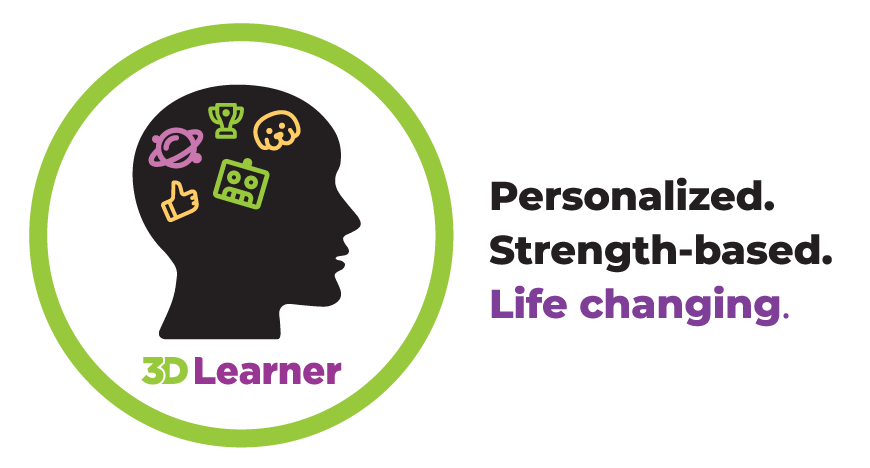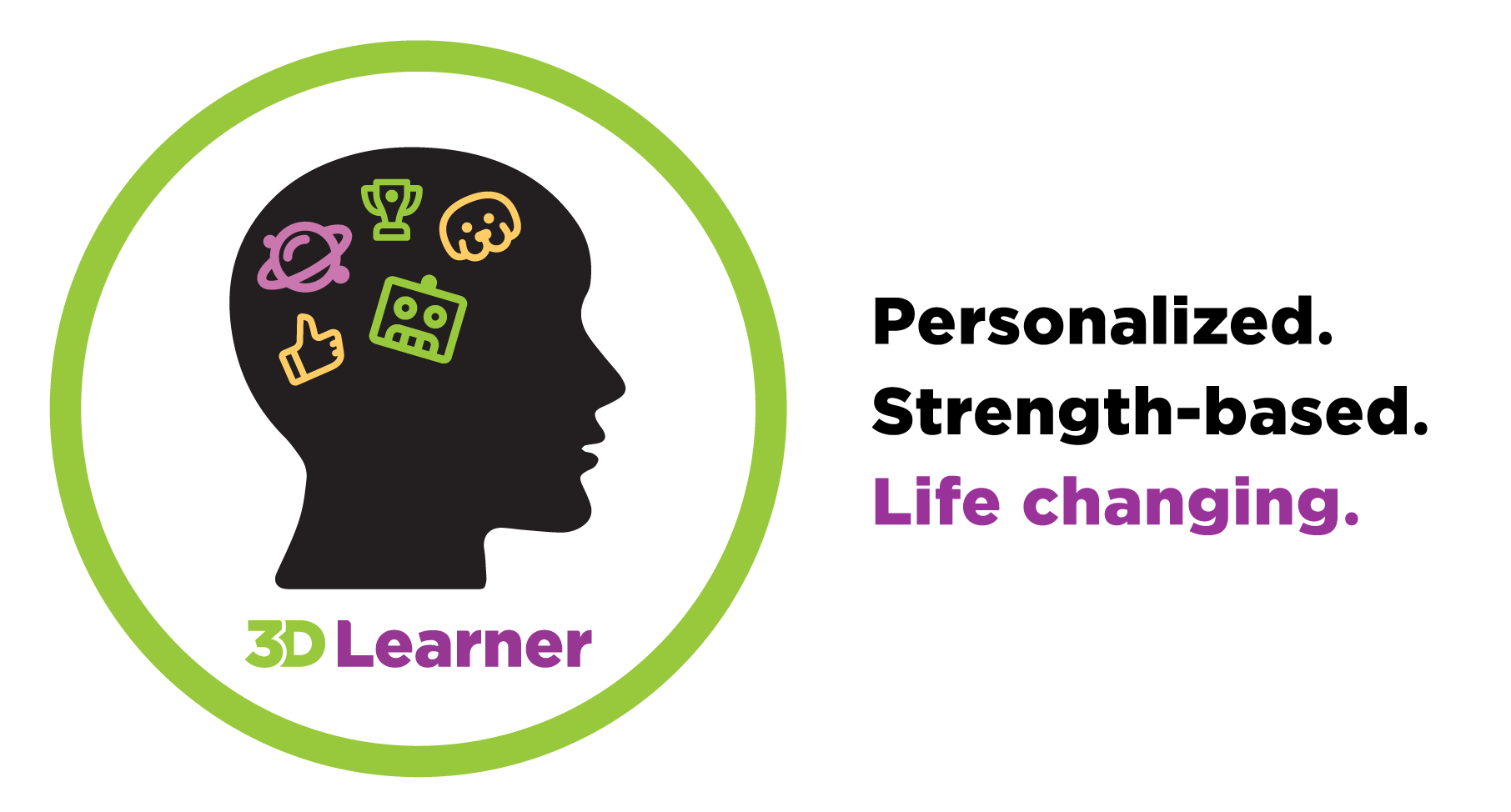Parent Advocate / BOLD Goals
The right parent advocate chooses collaboration and BOLD goals vs. confrontation.

BOLD Goals
In dozens of cases, we have been asked to help a family, where they had previously been represented by a confrontational advocate. On very rare cases it is necessary to be confrontational, but we think that is in less than 1 in 100 cases.
In the cases where confrontation is used, too often we see:
- An IEP that has many issues
- Relations between the parents and the school are strained if not outright hostile
- The child suffers
Note, there are some tough advocates who are confrontational and do often get very good results, but we believe this approach is a last resort and the kid can often be the loser.


How 3D Learner helps
We like to collaborate with a solid knowledge base and this helps by:
- Knowing that we want a solid present level of performance – especially for reading comprehension. While other advocates may request a reading comprehension assessment, we offer one as part of our 3D Learner Services. The benefit of our approach is that we use passages that are consistent with both the new standards in terms of difficulty and length. Too often students with certain challenges can answer questions correctly about a short passage but struggle with longer passages. Since the new assessments have longer and more complex text, our assessment closely mirrors reality.
- Either knowing the allowable accommodations or knowing where to find the answers. Therefore, we take away one of the key points of confrontation – what is and is not allowable
- Knowing what could and should be in an IEP – schools have told us they do not set goals for reading comprehension, but we know they could and should set them
- Set BOLD Goals for the key areas
- Working through issues – even if we have to reconvene at a later date
- We have the parents volunteer to do things that others may not – for example, when a parent asks the school to make sure the assignments are written in the planner correctly, it really helps when the parents agree to counter sign that the work has been done and placed in a spot where the child can hand it in. This is a great reciprocal act, and it virtually guarantees that the parents will know when the teachers are and are not doing what is required and when their child is doing their share
- Writing IEPs and developing action plans that could and should get us from where we are at to where the student needs to be
- Minimizing the times when we have to be confrontational and when we do, it probably is right – although this has only occurred one time
We also know our strengths. We tend to represent students with a learning disability, ADHD or dyslexia. We also know other parent advocates who have the expertise to represent students with other disabilities.


